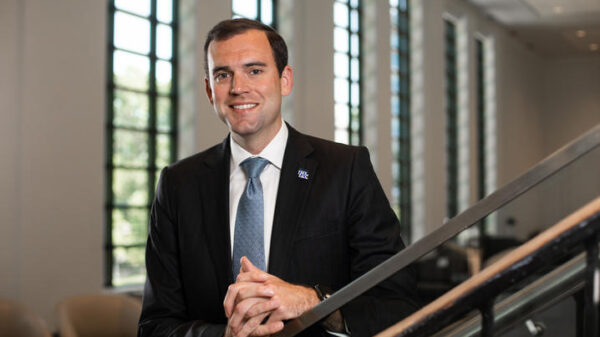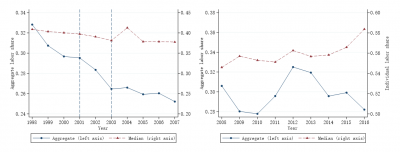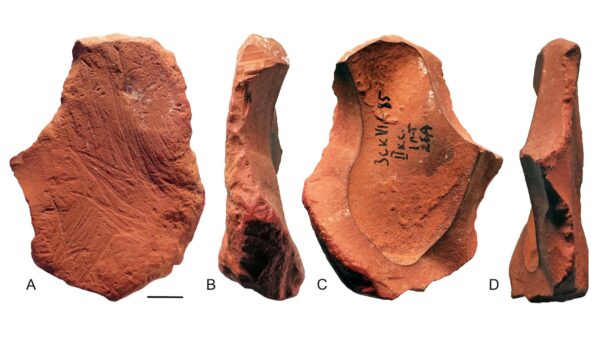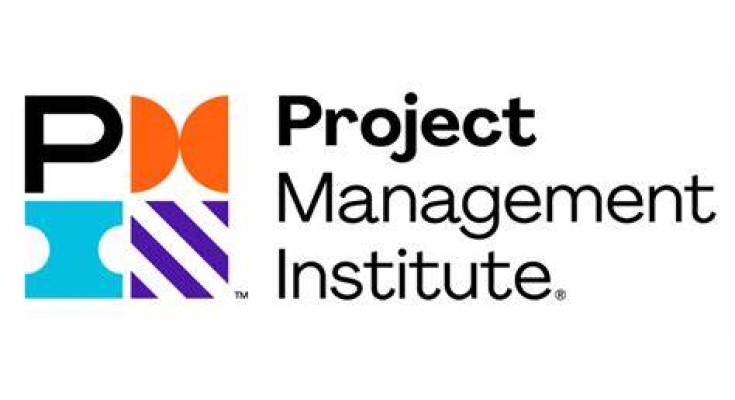The Project Management Institute (PMI) has expressed strong support for the recent expansion of 529 education savings plans, which now permits funds to be allocated for career-focused certifications. Effective from July 4, 2023, this change represents a substantial advancement in making professional development more accessible to individuals seeking to enhance their skills in the workforce.
As a member of the Professional Certification Coalition, PMI played a pivotal role in advocating for this policy shift. The expansion broadens the applicability of tax-advantaged education savings, extending beyond traditional college expenses. PMI views this legislative change as crucial in addressing the increasing global demand for project management professionals.
According to PMI’s Global Project Management Talent Gap report, the economy will require approximately 30 million new project management professionals by 2035, with an estimated 5 million positions needed specifically in North America. The inclusion of certifications in 529 funding options provides individuals with an additional avenue to obtain project management credentials, ultimately benefiting employers through a larger pool of qualified candidates.
Pierre Le Manh, PMP and president and CEO of PMI, remarked, “This law sends a powerful message: upskilling and reskilling matter more than ever.” He emphasized that the coalition’s advocacy for this policy change signifies a transformation in education that prioritizes continuous learning and professional development over merely obtaining college degrees.
The expansion allows educational funds to be used for PMI’s recognized certifications, including the Project Management Professional (PMP), which is accredited by the American National Standards Institute. This certification already qualifies for funding under the U.S. military’s Credentialing Opportunities On-Line (COOL) program and reimbursement through the Department of Veterans Affairs. Other PMI credentials, such as the Certified Associate in Project Management (CAPM), also enjoy similar recognition.
By enabling the use of 529 plans for certifications, PMI reinforces the importance of these qualifications as both standalone credentials and valuable supplements to traditional higher education. The organization aims to foster a more inclusive and expedited path to opportunity, particularly relevant in today’s rapidly evolving job market.
In conclusion, the expansion of 529 plans marks a significant shift towards enhancing professional skill development. As individuals increasingly seek to stand out in an evolving job landscape, this policy change not only broadens access but also highlights the value of project management as a critical field for future employment opportunities.

































































